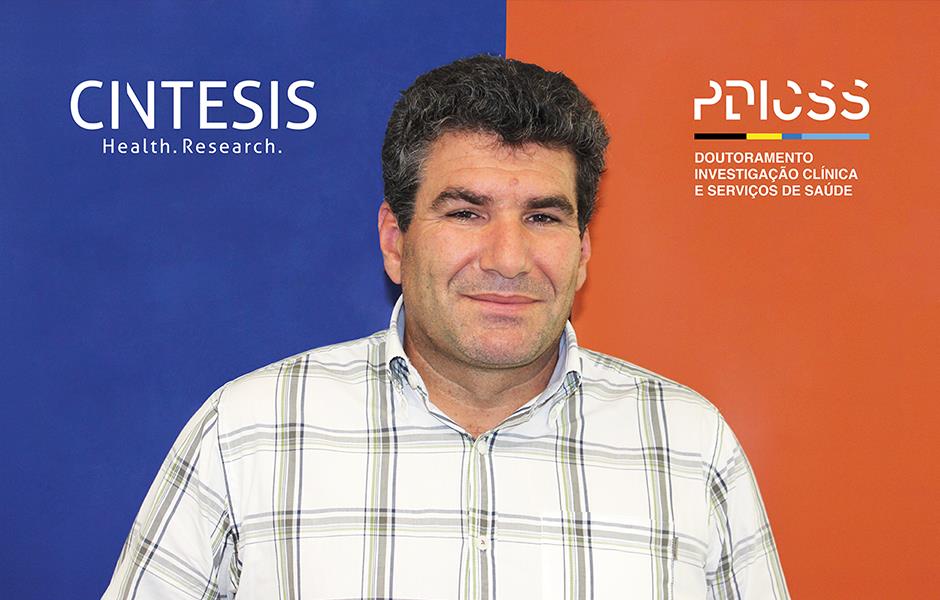Américo Agostinho, a researcher at CINTESIS – Center for Health Technology and Services Research was awarded a research grant of 200 thousand Swiss francs, funded by the University Hospitals of Geneva (HUG), to develop a tool that may reduce in more than 25% the errors in the administration of antibiotics for surgical prophylaxis.
The project is entitled Improving perioperative antimicrobial prophylaxis by the use of a computerized decision support system, and it aims to evaluate the effectiveness of a computerized decision support system to improve the quality of the administration of perioperative antimicrobial prophylaxis, after verifying its clinical impact in the prevention of surgical site infections in the hip, knee, colon, rectum, lumbar neurosurgery, and cardiac surgeries. The work is being developed in the framework of the researcher’s PhD thesis within the Doctoral Program in Clinical and Health Services Research (PDICSS in Portuguese) of the Faculty of Medicine of the University of Porto (FMUP).
That is, “just as a GPS indicates the way forward, the system we are developing will tell doctors in the operating theater what antibiotics to administer, in what amount and in what time interval (leaving always the possibility of whether or not to follow this indication). However, this reminder will allow to reduce errors of administration,” explains Américo Agostinho.
According to international guidelines, there is an antibiotic recommended for each surgery, depending on the risk of infection associated with the operation. However, due to several factors (emergency, inexperience, lack of time, etc.) there are error rates around 30% in the administration of antibiotics for surgical prophylaxis. “These errors increase hospital infections as well as antimicrobial resistance,” says the researcher who is a specialist in the field of prevention of infections.
Thus, the new program will collect data from the patient that is already in the hospital’s computer system (such as surgery type, patient weight, allergies, whether or not there are pathogenic microbial agents …) to propose the most appropriate antibiotic and recall if it should be re-administered, in case the surgery lasts for several hours.
It should be noted that hospital infections have been recognized by the World Health Organization (WHO) as one of the factors that most compromise patient safety in health care delivery. As written in the abstract of the awarded project, “infections at the surgical site are responsible for 20 to 30% of hospital infections, but they have the greatest influence in terms of morbidity, mortality, and expenses for hospitals and for society.”
Surgical site infection rates range from 2% to 20%, depending on the hospital and type of surgery, with an estimated mortality rate of 0.4-0.8%. “This means that around the world, every year, about 7 million patients develop an infection acquired at the surgical site, of which 1 million die,” says the researcher.
Américo Agostinho says that he is honored with the award of the funding and attributes the success of his project to the knowledge gained at the HUGs and to the skills and methodology developed at PDICSS. “I have no doubt that the training in this doctorate was a determining factor so that I could design a scientific project of high public interest, with a high methodological level, capable of competing and overcoming the other 15 researchers who were also competing,” explains the researcher, recommending this doctoral program as a “solid, innovative and scientifically relevant training”.
Américo Agostinho is a nurse specialized in infection prevention and control at HUG, led by Didier Pittet, a world reference in the field of hand hygiene.
The project will involve seven researchers from HUG, a researcher from the University of São Paulo and two researchers from CINTESIS.

